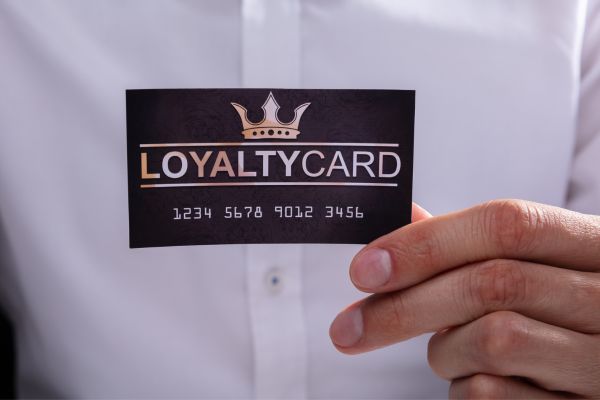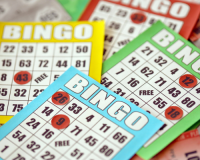
Loyalty and VIP programs and safer gambling
Article provided by IAGR partner, Greo Evidence Insights
People who gamble frequently and spend significant amounts of money on gambling are at increased risk of gambling harm.
Work conducted to develop the Lower-Risk Gambling Guidelines demonstrated that a person’s risk of financial, relationship, emotional, and health harms is directly related to how frequently they gamble, the proportion of their income spent gambling, and the number of forms of gambling they regularly engage in.
Loyalty and VIP programs reward and encourage people to gamble more often and/or spend more on gambling. Research shows that participation in these programs is often linked to more frequent gambling, longer gambling sessions, and higher spending on gambling. In addition, several studies indicate a connection between people who are enrolled in a loyalty program or have VIP status and experiencing gambling-related harms.
What actions can regulators take to reduce the harms associated with loyalty and VIP programs?
Recently published gambling research
Below is a selection of plain-language summaries of studies that explore VIP/loyalty programs and gambling:
- The link between loyalty programs and gambling problems
- How casino marketing relates to problem gambling and customer loyalty
- Reviewing the impact of loyalty programs on gambling behaviour
- The effect of wagering inducements on gambling behaviours among people who gamble online
- Rewarding the use of responsible gambling tools can increase willingness to use the tools and attitudinal loyalty
Evidence-informed action
Below are examples that offer insights into strategies for preventing and reducing gambling-related harms for VIP or loyalty program members. Regulators may find these examples useful when developing harm mitigation strategies.
Australia (Victoria)
In Victoria, Australia, loyalty programs must provide points for gambling and non-gambling activities. The awarding of points for gambling activities cannot exceed the awarding of points for non-gambling activities. Points from the loyalty program cannot be redeemed for gambling machine credits, gambling tokens, or anything that can be used for gambling; instead, they must be redeemable for non-gambling rewards.
Denmark
In 2019, Danish authorities established a law that limited gambling bonuses to 1000 DKK. People also cannot be offered bonuses based on inactivity (i.e., to try to entice people back to gambling). Additionally, if operators create favourable conditions or have specific bonuses for people who are part of VIP programs, the operator must devote specific attention to warning about signs of harm, including actively ensuring that people with problem gambling behaviour do not join loyalty programs or become VIPs.
- The Danish Gambling Authority’s guide on sales promotion
- The Danish Gambling Authority’s guide on responsible gambling
Sweden
In 2019, Swedish authorities enacted a law that limits gambling bonuses to 100 SEK. Operators can only offer people one bonus each upon sign-up, and it cannot be worth more than SEK100. As a result, some Swedish operators opted to change their reward strategies within VIP/loyalty programs. For example, Maria Casino (owned by Kindred Group) switched to a reward strategy that gives people 10% cashback for weekly losses.
United Kingdom
In September 2020, the UK Gambling Commission outlined new rules to stop irresponsible VIP (high-value) practices. For an operator to make someone a VIP, it must first:
- Ensure that the level of spending is affordable and sustainable for the person’s circumstances.
- Assess whether the person is experiencing or at risk of gambling-related harm.
- Check that the licensee has up-to-date information about the identity and occupation of the person, as well as the source of their funds.
- Conduct ongoing gambling harm checks and continue to update the information about their occupation and source of funds, etc.
- New rules to stamp out irresponsible ‘VIP customer’
- High value customers: Industry guidance





